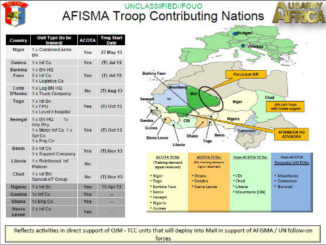
Why I Didn’t Make it to Gaza for International Women’s Day
Source: ZNet
When I boarded the plane to Cairo, Egypt, to make sure everything was in place for the women’s delegation headed to Gaza, I had no reason to think I’d end up in a jail cell at the Cairo airport and then violently deported.
The trip was in response to a call from women in Gaza to CODEPINK and other groups asking us to bring 100 women from around the world to Gaza for March 8, International Women’s Day. They wanted us to see, first-hand, how the seven-year Israeli blockade had made their situation intolerable. They talked about being unable to protect themselves and their families from frequent Israeli attacks and how the closing of the borders with both Israel and Egypt has made it impossible for them to travel abroad or even to other parts of Palestine. They wanted us to witness how the shortages of water, electricity, and fuel, coupled with severe restrictions on imports and exports, condemn most of the 1.6 million Palestinians in Gaza to a life of misery.




